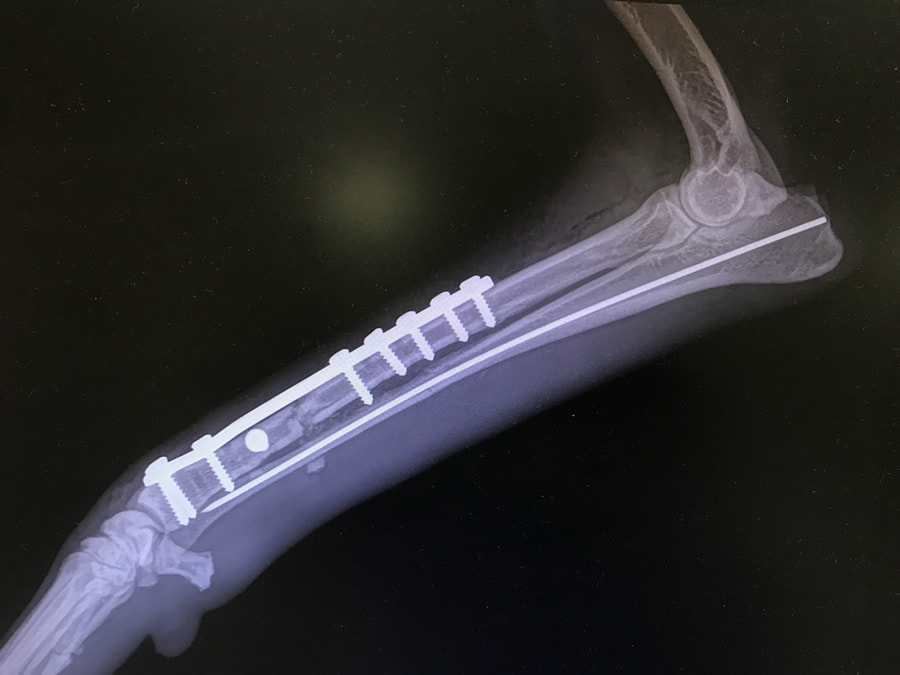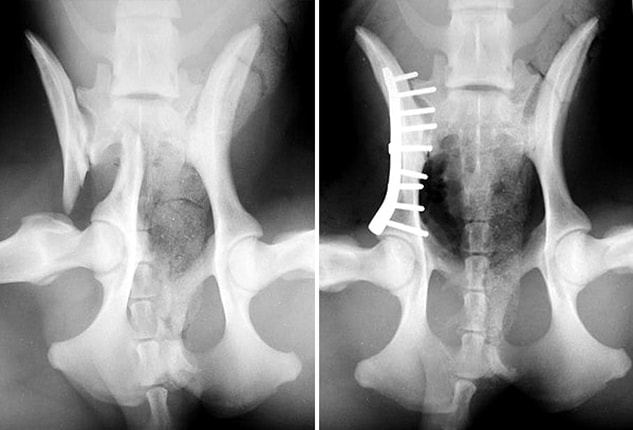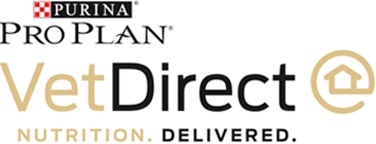Fracture Repair Starting at $2000
Veterinary Fracture Repair
When a pet breaks a bone, you must first immobilize the bone so that the broken fragments cannot move. An immobilized fracture will hurt less, and the sharp ends of the bone fragments will not cause further damage to the muscles, nerves and blood vessels surrounding the bone. Caring for animals with broken bones requires patience, expertise, and a gentle touch to ensure their recovery is as swift and pain-free as possible.
What To Do in Case of an Accident?
At home, before you can get to a clinic for a veterinary fracture repair, you can confine your pet to a very small space. Keep your pet lying down in a box, crate, or kennel, limiting their movement to going to the bathroom or maintaining cleanliness. Seek veterinary care as soon as possible by calling to receive instruction—a bone fracture is very painful and other dangerous medical conditions may have occurred at the same time as the fracture. Do not give any medications or apply any therapy unless you receive clear guidance from a pet fracture repair specialist.
You should treat a closed fracture within two to four days, while open fractures often require an initial surgery to clean the wound and bone within eight hours of the injury. A broken bone repair in dogs and cats for open fractures can be delayed for 24-48 hours.
You should treat a closed fracture within two to four days, while open fractures often require an initial surgery to clean the wound and bone within eight hours of the injury. A broken bone repair in dogs and cats for open fractures can be delayed for 24-48 hours.
Immobilizing the Broken Bone
Usually, the best way to temporarily immobilize a fracture prior to final treatment is to place the leg in a splint. To properly immobilize a bone, the joints above and below the affected bone must be prevented from moving. It is easy to temporarily immobilize bones below the elbow and knee, while the upper arm and thigh are more challenging to manage because the shoulder and hip are difficult to splint. Often it is best to put the limb in a sling or simply confine your pet while you make plans for definitive treatment. Splints and bandages, as well as confinement, are aspects of veterinary fracture repair that you should entrust to a veterinary facility.
Fracture Repair
Animals with broken bones are unable to resist the normal physical forces that act on bones when a pet walks on a leg. Some of these normal forces are:
- bending (like the force used to break a pencil in half)
- torsion (a twisting force around the bone)
- compression (the force that gravity puts on us when we bear weight on our legs)
- traction (the pulling force applied to a small portion of bone by a muscle at its attachment on the bone)
Strategies
External coaptation: a splint or cast; applied to the outside of the limb; good at resisting bending forces and fair at resisting torsion and compression forces.
External fixation: a surgically applied device that is attached to the bone with pins that thread into the bone but come out through the skin. This method is very good at resisting bending, compression and torsion forces.
Internal fixation: surgically applied devices implanted inside the bone or on the surface of the bone. Various devices are available and offer different results against the various forces such as plates, screws, nails, pins, or wires.
Choosing a Plan
Several factors go into making up a final treatment plan for a fracture. Each factor has characteristics that support easy/rapid fracture healing and characteristics that result in slow/complicated fracture healing. We use this scale of information to come up with the best veterinary fracture repair options for an individual pet. Your veterinarian may refer you to an ACVS board-certified veterinary surgeon for your pet’s fracture repair because of the experience and training involved in successful fracture fixation.
In case of emergency, contact us today for unparalleled expertise and compassionate care. Our state-of-the-art facility and experienced team guarantee precise diagnostics and treatment plans, ensuring your pet's swift recovery. We prioritize comfort and pain management by offering personalized support throughout the healing process. Trust us to guide your beloved companion back to health.



